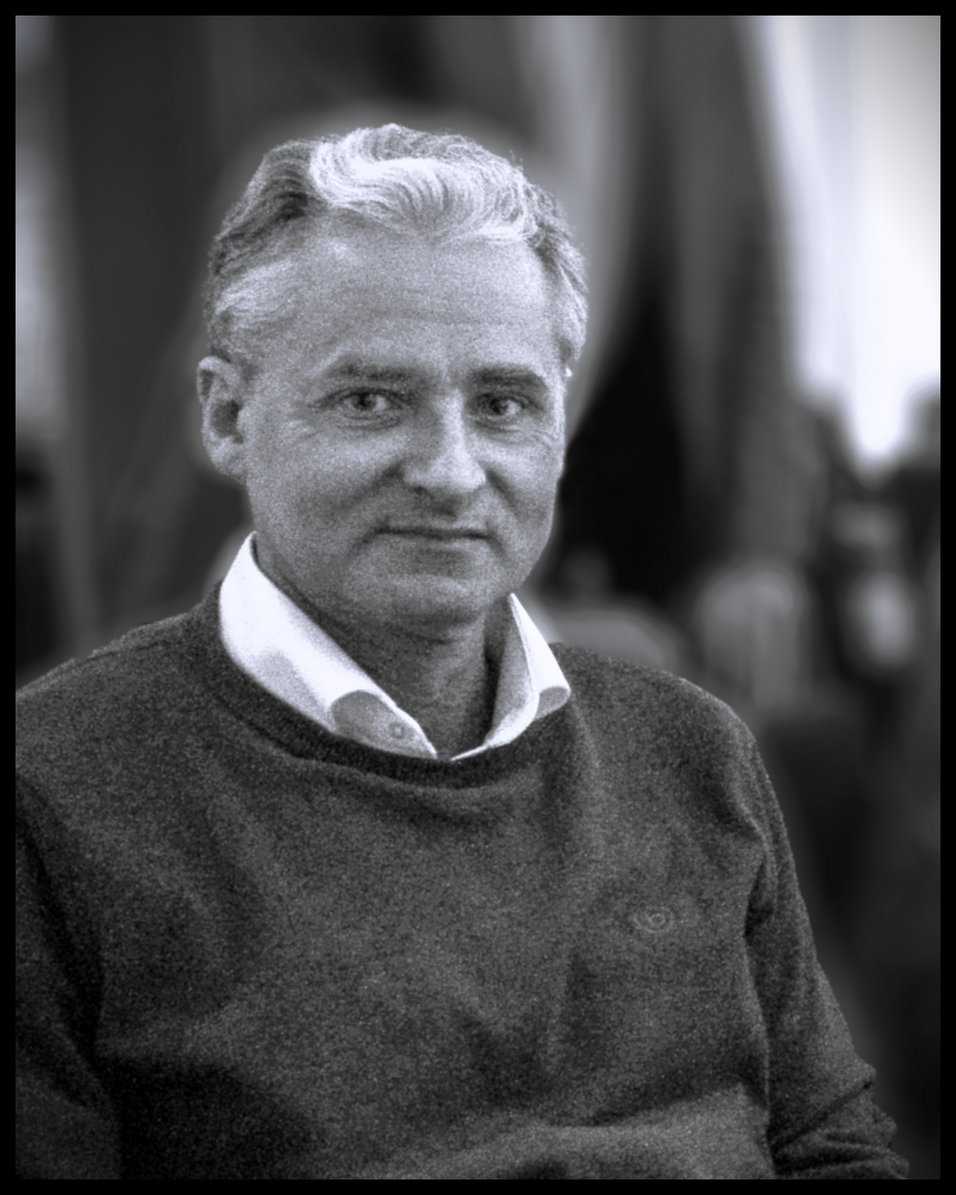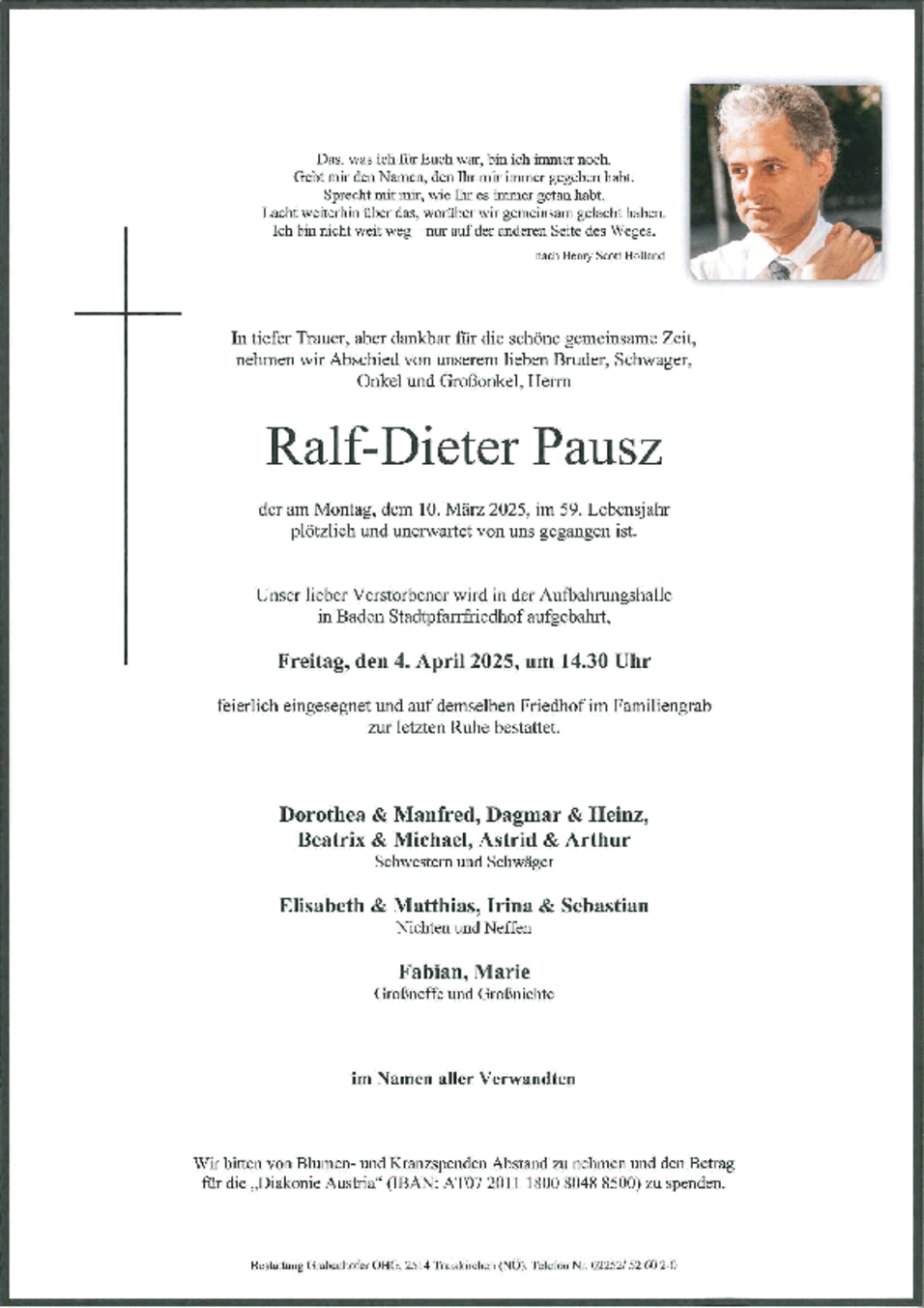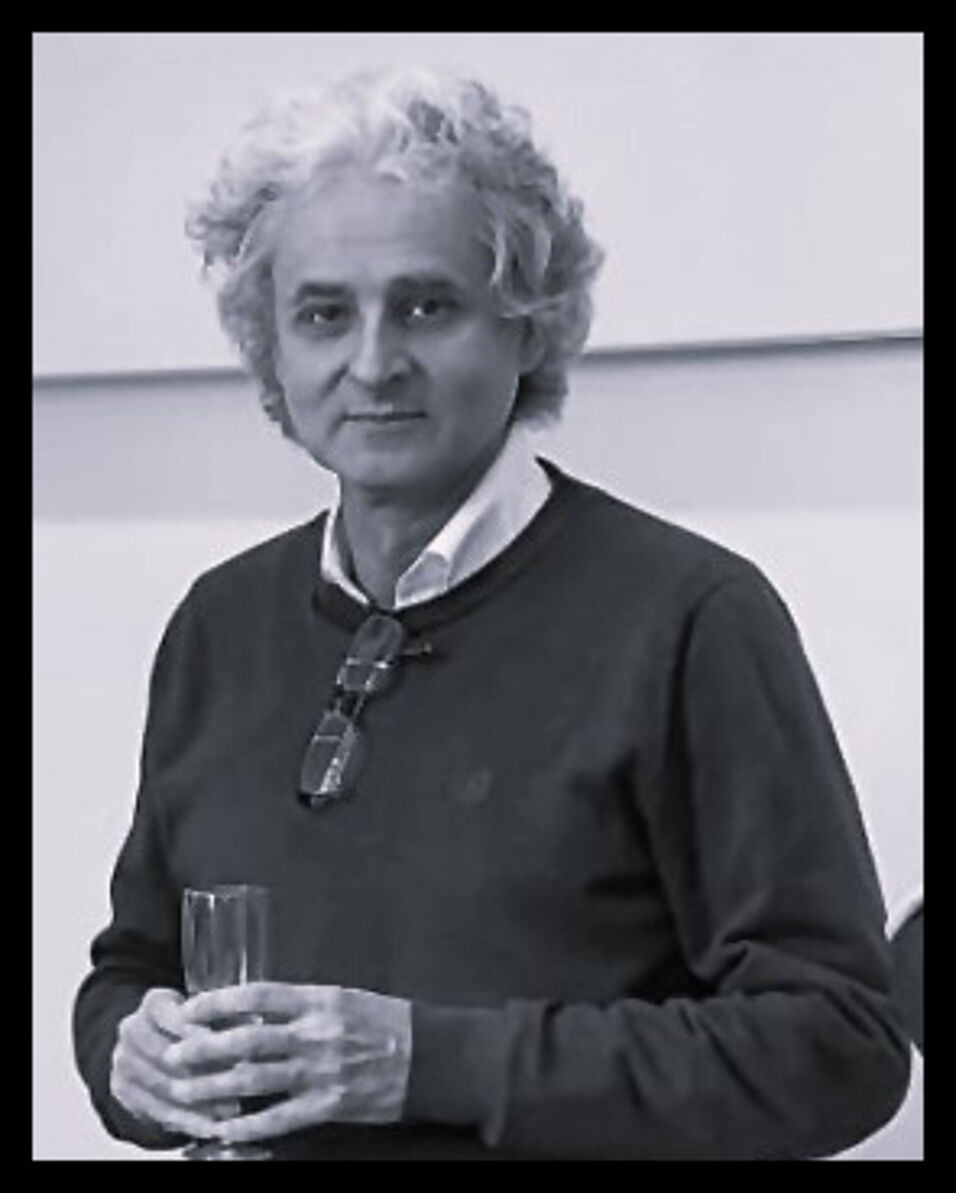Mit großer Betroffenheit haben wir vom völlig unerwarteten Ableben unseres geschätzten Kollegen und lieben Freundes Ralf-Dieter Pausz am Montagabend erfahren.
Über viele Jahre hinweg hat Ralf die Studienprogrammleitung unermüdlich, kompetent und engagiert in der Verwaltung ihrer Studien- und Lehragenden unterstützt. Er war ein äußerst hilfsbereiter und sehr besonderer Mensch; wir sind dankbar dafür, ihn gekannt und mit ihm gearbeitet zu haben. Sein plötzlicher Verlust hinterlässt eine schmerzhafte Leere.
Unsere Gedanken sind bei seiner Familie und seinen Freunden.



